- Andersons’ consultants are continuing to support their clients during the pandemic. If you require any advice, please contact your usual consultant, or the office on 01664 503200 or email [email protected].
- The UK and Australia have agreed the outline terms of an historic free-trade agreement – the first all-new deal signed by the UK since it left the EU. As such, it is seen by many as an important precedent for future trade deals, particularly concerning agriculture. Whilst the deal has been announced, it is an agreement in principle and subject to further negotiations on the legal text. There is an eventual aspiration to fully liberalise Australian goods entering the UK market. However, there are lengthy adjustment periods for most agricultural products – up to fifteen years for beef and lamb. But the UK grazing livestock and sugar sectors in particular will be exposed to increased competition from Australia in the long-term. Additional competitive pressure is likely to emerge when the likes of New Zealand and others strike trade deals with the UK. Of course, having generous quota access with eventual full liberalisation does not necessarily mean that Australian imports will reach these levels, particularly as there is plenty of demand in Asia-Pacific and the UK is a long way from Australia. But the access offered to Australia is sizeable and of concern to British farming, particularly as it is the first of several trade deals.
- Further details of the Sustainable Farming Incentive (SFI) pilot scheme are now available. Those who submitted an Expression of Interest in the pilot will be shortly asked to make an application. The pilot agreements will commence in October 2021 and continue until late 2024. If you expressed an interest and would like advice on drawing-up an application, please contact one of our consultants.
- The new England Woodland Creation Offer (EWCO) is now open. The EWCO is available in addition to the Woodland Creation and Maintenance grant provided under the Countryside Stewardship scheme. It supports the creation of a range of woodland types, but it will have more emphasis on the environmental and public benefits of woodlands. Sizes range from a minimum of 1ha per application with 0.1ha blocks. Capital grants covering the standard costs of buying and planting a tree, up to a maximum cap of £8,500 per ha is available – this compares to a maximum of £6,800 per ha under the Woodland Creation and Maintenance grant via the CS. Maintenance payments for 10 years and further ‘Additional Contributions’ of between £400 and £2800 per ha are also available.
- Tenants will be able to challenge their Landlords’ refusal to allow them to enter into land management agreements under new regulations which came into effect from the 21st June. It applies to 1986 Agricultural Holdings Act (AHA) tenancies only. Tenants can apply to arbitration to vary the terms of the tenancy, or to gain Landlord’s consent, to enter one of the new financial assistance schemes (such as ELM) or to comply with a statutory duty (e.g. erecting a slurry store to be NVZ compliant). The regulations apply to England with equivalent Welsh ones expected later in the year.
- The first estimates of Total Factor Productivity (TFP) for 2020 (unsurprisingly) show a sharp decline compared with 2019. TFP measures how well inputs are converted into outputs and thus gives an indication of the efficiency and competitiveness of the farming industry. After a significant increase in 2019 (+4%), TFP has fallen back further by 6.7% in 2020. The decrease was mainly due to a -6.3% decline in the overall levels of production but there was also a small 0.5% increase in the volume of inputs. The main driver was the drop in crop output of -12.4%. Cereals decreased by -26% due to the challenging weather. OSR and sugar beet experienced declines of -41% and -23% respectively. The overall livestock output declined by -0.6%.
- Reports from the Royal Institution of Chartered Surveyors (RICS) and the Royal Agricultural University (RAU) show the Weighted Average farmland price for the full year 2020 was £10,390 per acre (£25,674 per Ha). This is a hefty 20% rise over the two surveys combined for 2019, where the price was £8,602 per acre (£21,257 per Ha). The Weighted Average Value excludes those sales which have been identified as having a residential value of more than 50% and a regional adjustment is also made.
- Bovine TB cattle vaccination trials commenced in June in England and Wales with the aim of rolling out cattle bTB vaccinations by 2025. This would be a ‘game changer’ and cannot come soon enough, particularly for those that live with the drudgery of constantly testing. The Government has also said it will end issuing new licenses for intensive badger culls as from 2022. Many farmers will be disappointed to hear this, especially as even under the Government’s own admission it has led to a ‘significant reduction’ in the disease.
This month’s Spotlight looks at the forecasts for Andersons’ Meadow Farm model. Click Here for further information.
If you would like more detail on the topics covered above as well as additional articles on UK farm business matters, why not subscribe to Andersons’ AgriBrief Bulletin? Over the course of each month, we give a concise and unbiased commentary on the key issues affecting business performance in the UK agri-food industry, and its implications for farming and food businesses. Please click on the link below for a 90-day free trial:

















